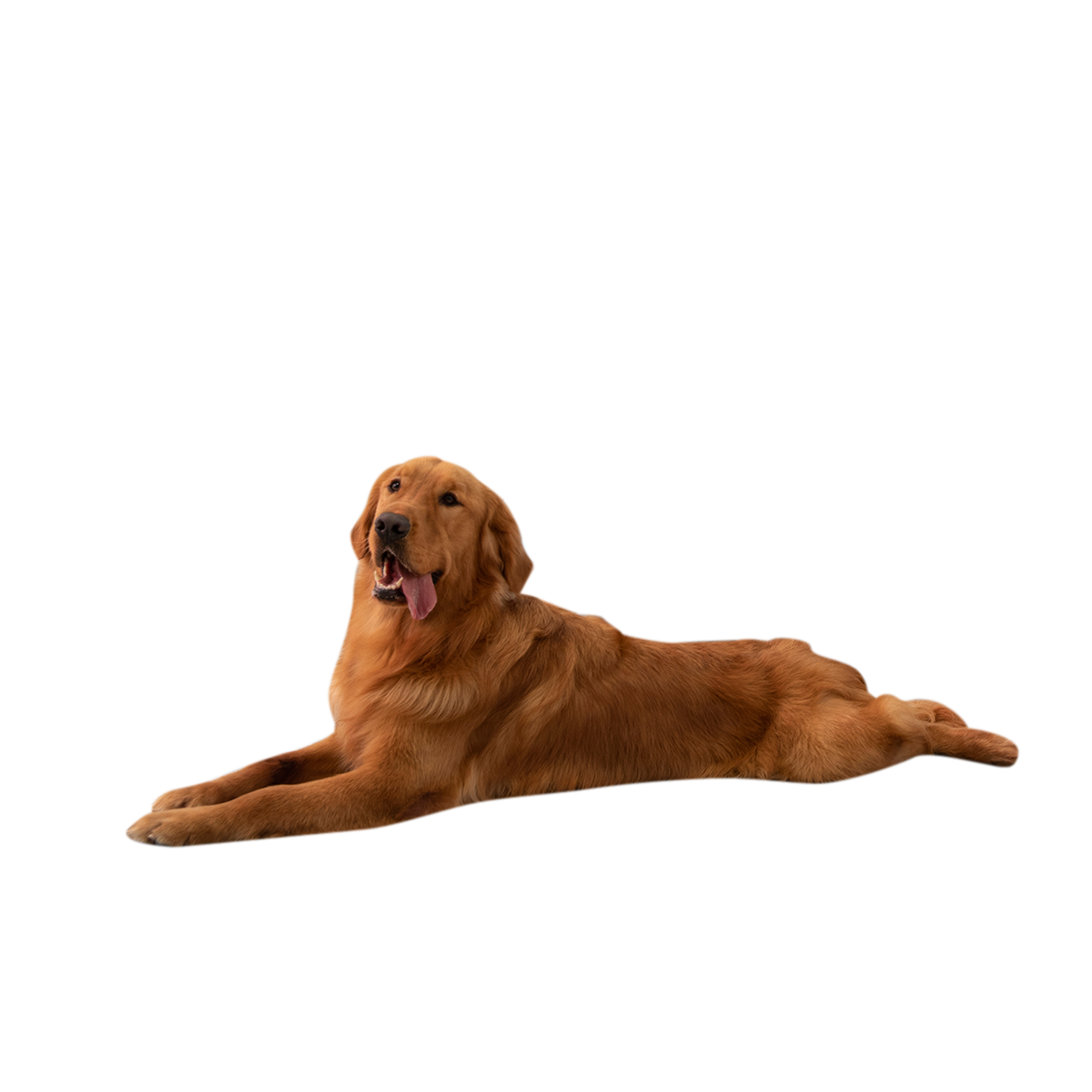Home remedies for sneezing in dogs may include humidifying the air, using saline nasal drops, and giving your dog honey. These can help relieve symptoms and support your dog’s immune system.
If your dog’s sneezing persists or is accompanied by other concerning symptoms, it’s important to consult a veterinarian for proper diagnosis and treatment. Here are some effective home remedies to alleviate your sneezing dog’s symptoms and promote their well-being. When your furry friend starts sneezing more than usual, it can be concerning.
Just like humans, dogs can also experience sneezing due to various reasons, including allergies, irritants, or infections. While it’s always advisable to seek veterinary care for persistent or severe symptoms, some natural remedies can help ease your dog’s discomfort. By providing a comfortable environment and utilizing natural remedies, you can support your dog’s health and well-being.
Causes Of Sneezing In Dogs
Dogs may sneeze due to foreign objects getting lodged in their nasal passages. This could be anything from grass seeds to small toys.
Allergies are another common cause of sneezing in dogs. They may be allergic to pollen, mold, dust, or certain chemicals.
Checklist For Sneezing Dog
The checklist for a sneezing dog includes observing symptoms and inspecting the environment. Look for any discharge from the nose and eyes, as well as coughing or wheezing. If your dog is displaying these symptoms, it may be experiencing allergies or a respiratory infection.
Next, inspect the environment where your dog spends most of its time. Check for any irritants like dust, pollen, or chemicals that could be causing the sneezing. Make sure the air quality is good and consider using an air purifier or humidifier to help alleviate the symptoms. Keep your dog’s living area clean and free from any potential allergens.
Remember, if your dog’s sneezing persists or worsens, it’s best to consult with a veterinarian for further evaluation and treatment. By closely observing your dog’s symptoms and inspecting its environment, you can take necessary steps to provide relief and comfort.
Effective Home Remedies
Looking for effective home remedies to help your dog with sneezing? Try these:
- Steam Therapy: Bring your dog into the bathroom while you shower to let them inhale the steam. This can help relieve congestion and soothe their nasal passages.
- Saline Nasal Drops: You can make saline nasal drops by dissolving 1/4 teaspoon of salt in 1 cup of warm water. Gently administer a few drops into each nostril to help clear your dog’s nasal passages.
Using these natural remedies can provide some relief for your sneezing dog. Remember to consult with your veterinarian before trying any new treatments. By providing your dog with comfort, you can help them feel better in no time!

Credit: pawsafe.com
Dietary Adjustments
Make sure to include foods rich in vitamin C in your dog’s diet. This can help boost their immune system and relieve sneezing. You can also consider adding a small amount of honey to their food, as it has natural antibacterial and antiviral properties. Just remember to use raw honey in moderation.
Herbal Solutions
If your dog is sneezing, try these herbal remedies:
- Echinacea: Boosts the immune system to fight allergies.
- Nettle: Reduces inflammation and helps with allergic reactions.
Behavioral Tips
Discover effective behavioral tips to alleviate your sneezing dog’s discomfort at home. Implement natural remedies to provide relief for your furry friend.
| Behavioral Tips: |
| Reducing Stress: |
| Encourage regular exercise for your dog to help reduce stress levels. |
Preventive Measures
Regular Grooming: Regularly brushing your dog’s fur and keeping it clean can prevent accumulation of allergens.
Clean Living Environment: Keep your home Dust-free by regularly cleaning and vacuuming to reduce allergens in the air.

Credit: www.pinterest.com
When To Consult A Vet
If your dog’s sneezing persists for more than a few days or if you notice any worsening of the symptoms, it is important to consult a vet. Persistent symptoms could be a sign of an underlying medical condition that requires professional attention. Some dogs may develop allergies or respiratory infections that need proper treatment. A vet will be able to determine the cause of the sneezing and provide the appropriate care.
Persistent Symptoms
If your dog continues to sneeze excessively or if you notice any other concerning symptoms, it is essential to seek veterinary advice. Other persistent symptoms to watch out for include nasal discharge, coughing, difficulty breathing, or loss of appetite. These could indicate a more serious condition that needs immediate attention.
Worsening Condition
If your dog’s sneezing becomes more frequent or severe, it is important to take action. A worsening condition could suggest an underlying infection or inflammation that needs to be addressed. A vet will be able to assess your dog’s condition and provide the necessary treatment to alleviate the discomfort and prevent any further complications.

Credit: id.pinterest.com
Frequently Asked Questions
What Can I Give My Dog To Stop Sneezing?
To stop your dog from sneezing, give them an antihistamine or consult a vet for proper medication.
Will Benadryl Help Reverse Sneezing In Dogs?
No, Benadryl may not reverse sneezing in dogs. It’s important to consult a vet for proper diagnosis and treatment.
Why Is My Dog Sneezing Like Something Stuck In His Nose?
Your dog may be sneezing due to foreign objects, allergies, infections, or irritants in the nose. Consult a vet for proper diagnosis and treatment.
What Can I Do To Help My Dog With Reverse Sneezing?
To help your dog with reverse sneezing, you can try gently massaging their throat, offering them a drink of water, or gently blowing into their nose. If the reverse sneezing persists or worsens, it is best to consult with a veterinarian for further guidance and treatment options.
Conclusion
These home remedies can provide relief for your sneezing dog. With natural methods like steam therapy and dietary adjustments, you can help alleviate your pet’s discomfort. Always consult with your veterinarian for a proper diagnosis and treatment plan. By incorporating these remedies into your dog’s routine, you can ensure their well-being and reduce sneezing episodes.

Hello, I’m Ethan Mitchell. My passion is dog training and behavior enthusiasts. With years of experience working with various breeds, my goal at Dog Advisor Pro is to help dog owners build strong, loving relationships with their furry friends through effective training techniques. Understanding a dog’s behavior is the key to harmonious companionship. I am dedicated to sharing practical training tips that improve the lives of dogs and their owners.


